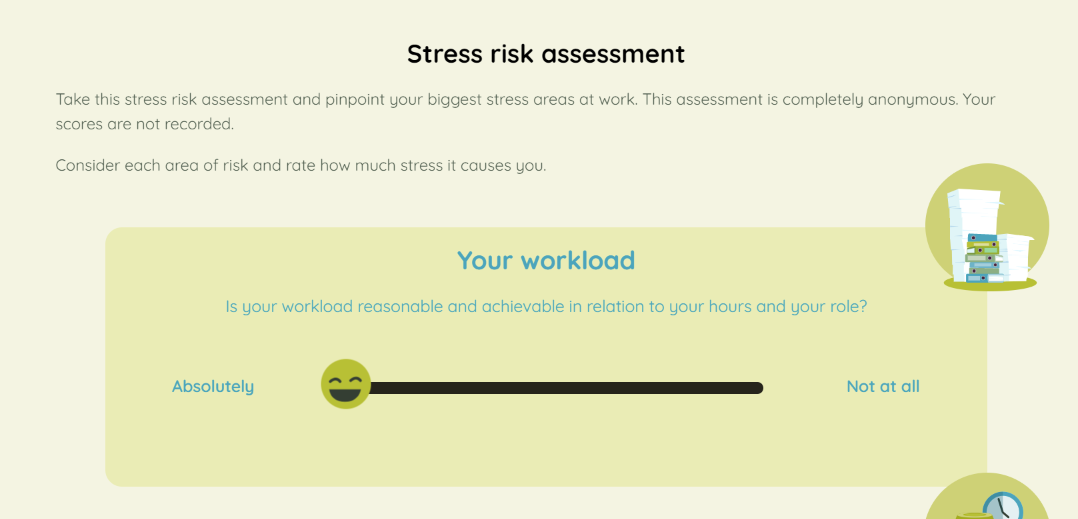
Vaccines are helping the world get back to normal. But even as the vast majority of people get vaccinated, there will always be a minority who won’t or can’t. Feelings and opinions around vaccines can be emotive, and workplace vaccination policies must toe a complicated line.
There is no legal requirement to be vaccinated, but employers should think carefully before requiring vaccinations at their workplace. Similarly, requiring someone to show proof of vaccination, either to return to the office or visit the premises as a customer could result in possible legal problems. Think carefully about policies and procedures in your workplace before making mandatory requirements.
Why vaccines work
Vaccination against COVID-19 is an important tool in helping to prevent infection and reduce hospitalisation and mortality. COVID-19 vaccination is safe and effective and gives the best protection against COVID-19. The vaccines approved for use in the UK have met strict standards of safety, quality and effectiveness set out by the independent Medicines and Healthcare products Regulatory Agency (MHRA).
The vaccine does not contain living organisms. The approved COVID-19 vaccines do not currently contain any animal products or egg. Like all medicines, no vaccine is completely effective; some people may still get COVID-19 despite having a vaccination, but the symptoms would most likely be less severe.
No long-term complications of COVID-19 vaccinations have been reported and reports of serious side effects, such as allergic reactions, are rare.
Vaccines and mental health
Countries where most of the population have been vaccinated have been able to return to normality much quicker than those with slower vaccination campaigns. Studies from Israel, a country that rapidly vaccinated most of its population within the first few months of 2021, showed the effectiveness of the vaccine in preventing serious illness as well as transmission. By May 2021, Israel had already lifted the vast majority of COVID-19 related limits on crowd sizes, hospitality venues, concerts and weddings, and even mask requirements and social distancing, thanks to daily cases dropping close to zero as a result of its successful vaccine campaign. In short, vaccines enabled life to return to normal.
While vaccines are designed to prevent physical disease, getting vaccinated is a powerful way of taking back control from a pandemic that disrupted so much of everyday life.
By preventing COVID-19 infection, the vaccine also protects against the symptoms of being unwell. Studies have shown that even mild cases of COVID-19 result in viral spike proteins which invade the brain, causing inflammation and potentially serious physical and mental effects.
Millions of people are also suffering from Long Covid, experiencing symptoms such as a loss of smell and feeling unwell for many months after the infection has passed. Avoiding these problems by getting vaccinated offers a massive mental health boost by dramatically reducing the risk of catching COVID-19.
“I was deeply worried about my parents and my in-laws. When they got their vaccines and I knew they were less vulnerable, I felt better.”
Then getting my own vaccination, even the first shot, allowed me to step back from the fight or flight stance I realised, in hindsight, that I’d been in for over a year. I literally took a cleansing breath walking away from my appointment. Mentally and emotionally, the vaccine offered me optimism and hope bundled in science.”
The emotions expressed in this quote from Shelley, whose experiences were reported in Psychology Today, are becoming increasingly common. Feelings of relief, of a physical weight being lifted, of hope and excitement for the future are all common feelings associated with getting vaccinated. Vaccines don’t just prevent COVID-19, they also alleviate Covid-related stress and anxiety.
Encouraging vaccinations
Although requiring vaccinations may be tricky, your business can encourage people to get them done. Offering paid time off for vaccinations, not counting vaccine-related absences if people experience side effects, or even outright incentives like bonuses or vouchers can help ensure the vast majority of your workforce gets quickly vaccinated.
About our training solutions

Mental Health: Return to the Office is designed to give users an understanding of some of the causes of stress when thinking about going back, what can happen when it’s not dealt with and how employees and employers can help reduce unnecessary stress and improve wellbeing during the transition. The course can be fully customised to enable employers to add relevant policies, procedures, links and information they want to communicate to their staff around mental health and wellbeing. Further, the course begins with a course builder to allow users to take a course specific to those still working from home or already returned to the office. The course was shortlisted for the InsideOut mental health award in the Best Use of Technology category.








